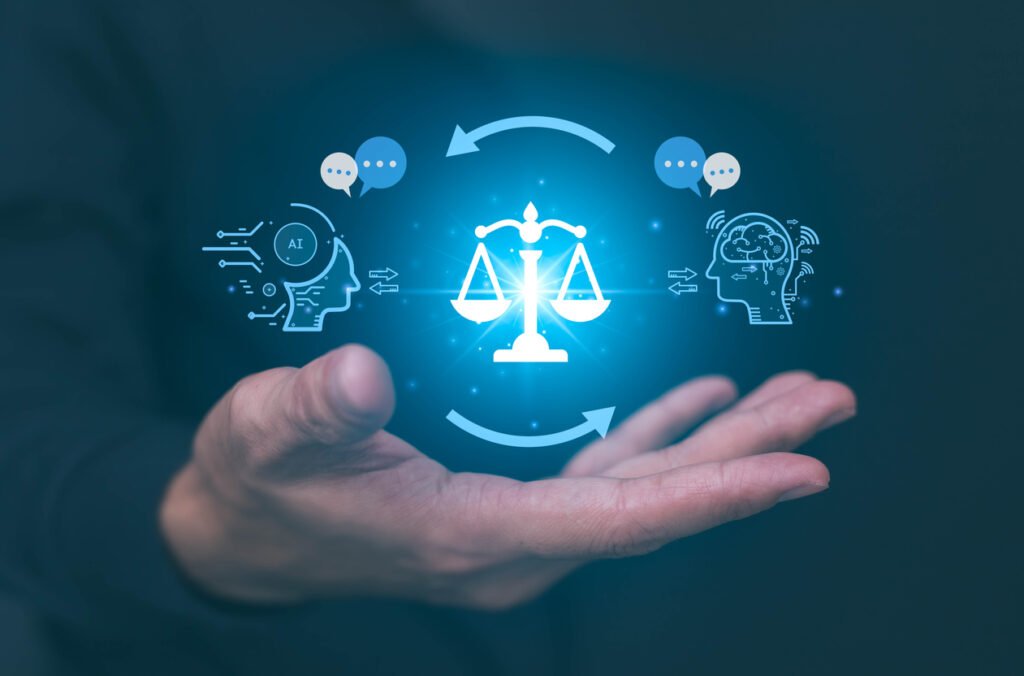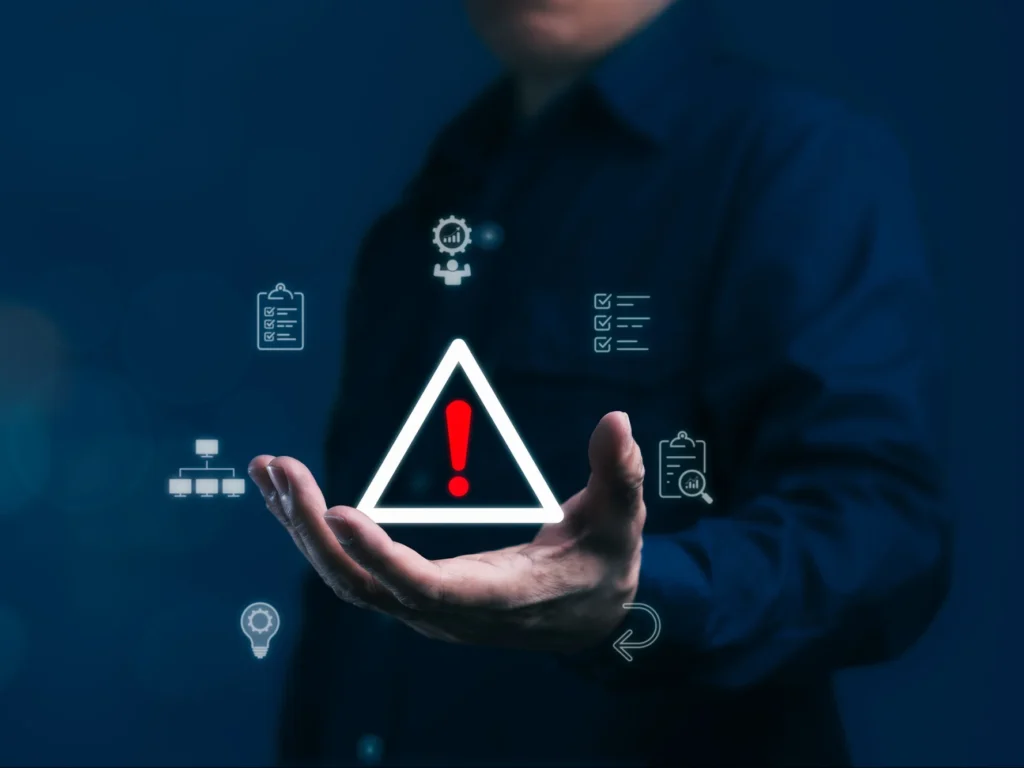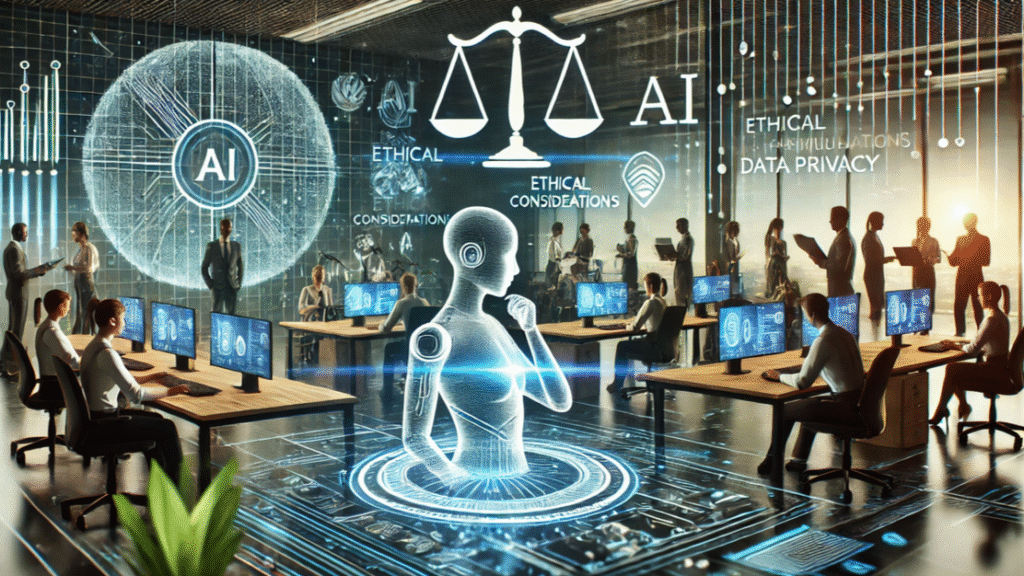Powered by Pinaki IT Hub – Building the Next Generation of Ethical AI Leaders
Introduction: The AI Data Revolution of 2025
Welcome to 2025, where data is not just information—it’s intelligence. Artificial Intelligence (AI) has transformed industries, from healthcare and finance to education and retail. But as AI systems evolve, they rely on one critical foundation: data governance. Without proper governance, AI can be biased, unsafe, or even illegal. That’s why global companies and governments are investing heavily in frameworks that ensure data is accurate, secure, compliant, and ethically used. At Pinaki IT Hub, we are not just teaching technology—we’re preparing students and professionals to master AI data governance, automation, and compliance so they can lead in this new era.
In this blog, we’ll break down:
● What data governance in AI really means in 2025
● How automation of data governance works
● The risks of data misuse and real-world cases
● Global regulations and compliance requirements
● A step-by-step learning roadmap for students and professionals
● How Pinaki IT Hub prepares you to master it all
By the end of this guide, every doubt you have about data governance in AI will be clear.
 What is Data Governance in AI?
What is Data Governance in AI?

Data Governance in AI is the structured framework of rules, processes, roles, and technologies designed to ensure that every piece of data used in Artificial Intelligence systems is handled responsibly, ethically, and in compliance with legal requirements.
It goes beyond simple data management. It focuses on creating trustworthy AI ecosystems where data is:




 Why It’s Like a Safety Framework for AI
Why It’s Like a Safety Framework for AI

Think of AI as a high-powered engine and data as its fuel. If the fuel is impure or the engine is unregulated, the entire machine breaks down—causing incorrect predictions, compliance violations, or ethical risks.
Data Governance is the safety framework that ensures:
● The “fuel” (data) is clean and legally obtained
● The “engine” (AI) runs efficiently, securely, and transparently
● Every action can be traced, explained, and justified
By enforcing these principles, organizations can build trustworthy AI systems that are scalable, ethical, and aligned with both business and regulatory needs.
Why It Matters in 2025
- EU AI Act Enforcement (Aug 2025) Companies must follow strict rules for data transparency, security, and lawful sourcing or risk fines of up to 7% of global turnover.
- Data Sprawl Problem AI systems generate massive volumes of new data—logs, synthetic datasets, and agent activity—that can become untraceable without proper governance.
- Rise of Real-time AI With IoT devices, AI agents, and streaming analytics, decisions happen instantly. Governance now needs automation to keep pace.
- Ethics & Trust Biased AI has caused global scandals—hiring algorithms rejecting candidates unfairly, or financial AI denying loans without explanation. Governance prevents these risks.
- Career Demand By 2026, over 70% of AI-related jobs will require knowledge of data governance and compliance.
Pinaki Insight: Our training integrates AI, Data Governance, and Compliance Modules so you can enter this high-demand job market with confidence.
Automation of Data Governance
Manually checking data is impossible at 2025 scale. That’s where automation comes in.
| Automation Component | What It Does | Tools & Tech |
| Metadata Management | Tracks data lineage and usage history | Collibra, Alation |
| Automated Compliance | Maps data against laws (GDPR, AI Act, India’s DPDPA) | OneTrust, BigID |
| Bias Detection | Monitors and flags biased training data | Fairlearn, Aequitas |
| Access Control | Manages permissions for users and AI agents | Okta, Azure AD |
| Synthetic Data Testing | Generates safe test data for model training | Mostly AI, Gretel.ai |
At Pinaki IT Hub, we train you to use these tools in real projects, including:
● Automating GDPR compliance checks
● Implementing bias audits for AI models
● Building data lineage dashboards
 Data Misuse Risks in 2025
Data Misuse Risks in 2025

AI without governance is dangerous. Here are the biggest risks students and professionals must understand:
- Data Breaches
AI-driven organizations face more cyberattacks because of the high value of their data.Example: In 2024, a financial AI platform leaked 3M user records because they failed to encrypt training datasets.
- AI Agent Misbehavior
Autonomous AI agents can access APIs or internal systems. Without governance, they may misuse credentials or exfiltrate data.Real Case: 23% of companies reported agent-related credential leaks in early 2025.
- Bias and Discrimination
AI trained on biased data can lead to unfair hiring, lending, or healthcare decisions.Example: A global HR platform faced lawsuits in 2025 when its AI recruiter unintentionally favored candidates from certain universities.
- Regulatory Penalties
With the EU AI Act and India’s Digital Personal Data Protection Act (DPDPA), companies face heavy fines if they mishandle data or lack proper consent tracking. - Reputational Damage
Data misuse can destroy customer trust—and no AI model can fix that.Pinaki Promise: In our AI Governance Training Program, we simulate real-world risk scenarios and teach how to prevent them through hands-on labs.
 Global Regulations Shaping Data Governance
Global Regulations Shaping Data Governance
| Region | Key Regulation | Impact on AI & Data Governance |
| EU | EU AI Act (Aug 2025), EU Data Act | Mandatory risk assessments, transparency, bias control |
| India | Digital Personal Data Protection Act (DPDPA) | Consent-first governance and strict breach penalties |
| US | NIST AI Risk Management Framework | AI system classification and governance audits |
| Global | ISO 42001 (AI Management Systems) | International standards for AI data quality and ethics |
Pinaki’s curriculum is aligned with these regulations so students learn industry-compliant skills.
Pinaki IT Hub Learning Approach
We prepare future-ready professionals who can lead in AI governance.
AI Data Governance Foundations
○ Data lifecycle management
○ Legal compliance mapping
○ Consent and privacy workflows
Automation of Data Governance
○ Metadata-driven governance
○ AI bias detection and audits
○ Real-time monitoring dashboards
AI Security & Compliance
○ Access control for AI agents
○ Breach response planning
○ Secure data pipelines
Regulatory Frameworks
○ EU AI Act, DPDPA, GDPR compliance
○ ISO and NIST governance standards
Hands-on Projects
○ Build an automated governance workflow
○ Perform a bias audit on an AI recruitment model
○ Deploy a compliance dashboard for synthetic data testing.
 Real-World Applications
Real-World Applications

● Healthcare: Secure patient data and prevent AI bias in diagnostics.
● Finance: Compliance-ready credit scoring models.
● Retail: Personalization AI that respects privacy laws.
● Government: Automated citizen data audits for transparency.

● AI Governance Analyst
● Data Compliance Officer
● AI Ethics & Risk Specialist
● AI Security Engineer
 The Future of AI Governance (2030 Vision)
The Future of AI Governance (2030 Vision)

As we move toward 2030, AI governance will no longer be an optional layer—it will be the foundation on which every AI-driven organization is built. Businesses, governments, and academic institutions will demand a unified approach to ensure AI is ethical, transparent, and secure. Here’s what we can expect:

By 2030, AI will evolve from being merely “smart” to being self-regulating. AI agents won’t just execute tasks—they will come with embedded compliance and ethical guardrails.
● These intelligent systems will automatically check whether their actions comply with data privacy laws or industry-specific regulations.
● For example, an AI hiring platform will automatically flag if its candidate ranking shows bias toward a certain gender or region and self-correct its algorithm.
● This built-in governance will reduce the need for manual oversight, enabling companies to deploy AI faster without compromising security or ethics.

By 2030, data ownership will shift from organizations to individuals, powered by blockchain.
● Every data point—whether it’s a medical record, financial transaction, or browsing history—will be tied to a digital identity token on a blockchain network.
● AI systems will be able to access this data only when users grant consent, and every access will be permanently recorded on a tamper-proof ledger.
● This will eliminate unauthorized data usage and empower people to control how their data is used for training AI models.

By 2030, AI audits will be as common as financial audits today.
● International organizations, governments, and technology consortiums will enforce standardized audit frameworks to evaluate AI systems for bias, security, explainability, and compliance.
● Independent “AI auditors” will review how models are trained, what data is used, and whether outcomes align with legal and ethical standards.
● This will create a global trust framework for AI, allowing companies to prove that their systems are safe and transparent.

 4. AI Ethics Boards Within Every Enterprise
4. AI Ethics Boards Within Every Enterprise

By 2030, every major organization will likely have a dedicated AI Ethics Board—a team of experts in AI, law, ethics, and cybersecurity.
● These boards will review AI deployments, investigate ethical concerns, and establish internal policies for responsible AI usage.
● They will ensure that business goals never outweigh ethical safeguards, preventing misuse of AI technology in sensitive sectors like healthcare, defense, and finance.


Students and professionals who learn AI governance, data compliance, and ethical AI frameworks now will be the architects of this transformation. By 2030, these skills won’t just be valuable—they will be non-negotiable for leadership roles in AI, cybersecurity, and enterprise IT.
At Pinaki IT Hub, we are building these future-ready experts by providing:
● Hands-on AI governance labs
● Real-world compliance case studies
● Training in blockchain-based data security
● Exposure to global AI audit and risk management tools
The future of AI governance is clear—transparent, auditable, secure, and ethical AI will be the global standard by 2030. Those who master these skills today will not only have career security but also the power to lead the AI revolution responsibly.
